If indeed the 2022 midterm election follows precedent as a referendum on the incumbent leadership, voter dissatisfaction about sticky inflation and a slowing economy will play out against the Democratic party, likely leading to a handover of leadership to the GOP.
The Republican party gaining control of Congress, as some speculate, should have some favorable tax policy, regulatory and government spending implications for the industry. We expect a great deal of coordination on the legislative agenda, however, with President Biden holding veto power, most proposals will probably die. This outcome virtually guarantees greater regulatory action by the executive branch and additional Congressional oversight of those activities.
Even as interest rates surge and reducing liquidity in financial markets drives borrowing costs higher around the world, we can anticipate limited government policy help for inflation under a Republican-led government (Wells Fargo Investment Institute). Aggressive credit tightening by the Federal Reserve will be the main anti-inflation weapon, dampening demand and exposing the economy to a recession. The rental housing industry may have to brace itself for further volatile interest or capitalization rates and unstable capital market conditions.
Here’s What to Expect with a Republican-Led Congress:
- Attempts to advance key parts of the previous administration’s tax cuts, lowering corporate taxes to benefit investors; however, further inflationary activities may contribute to already-rising operating costs.
- Lower compliance costs associated with limited federal, state and local laws and regulations
- Potential financial re-regulation as the Biden administration leans more heavily into wielding executive powers





